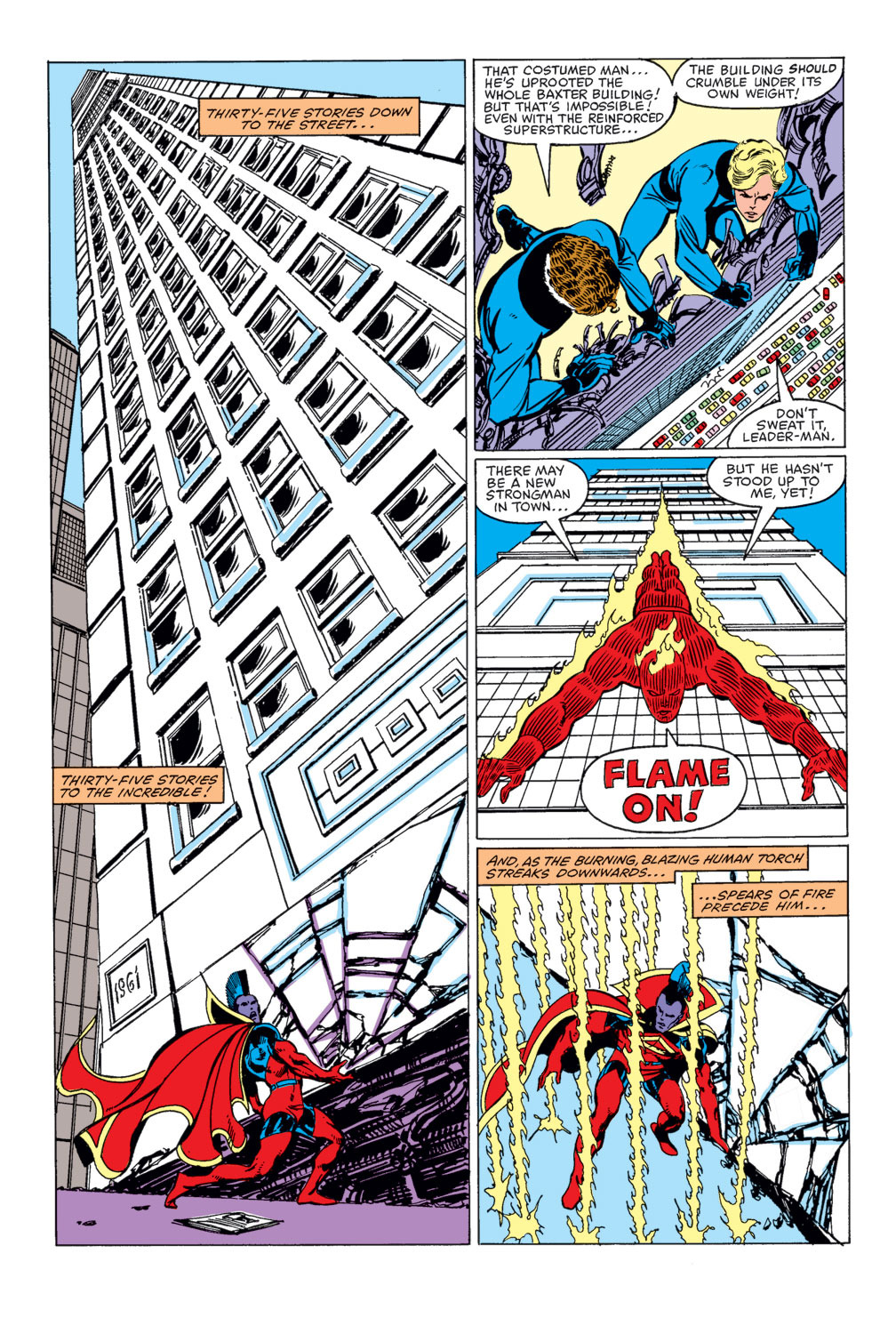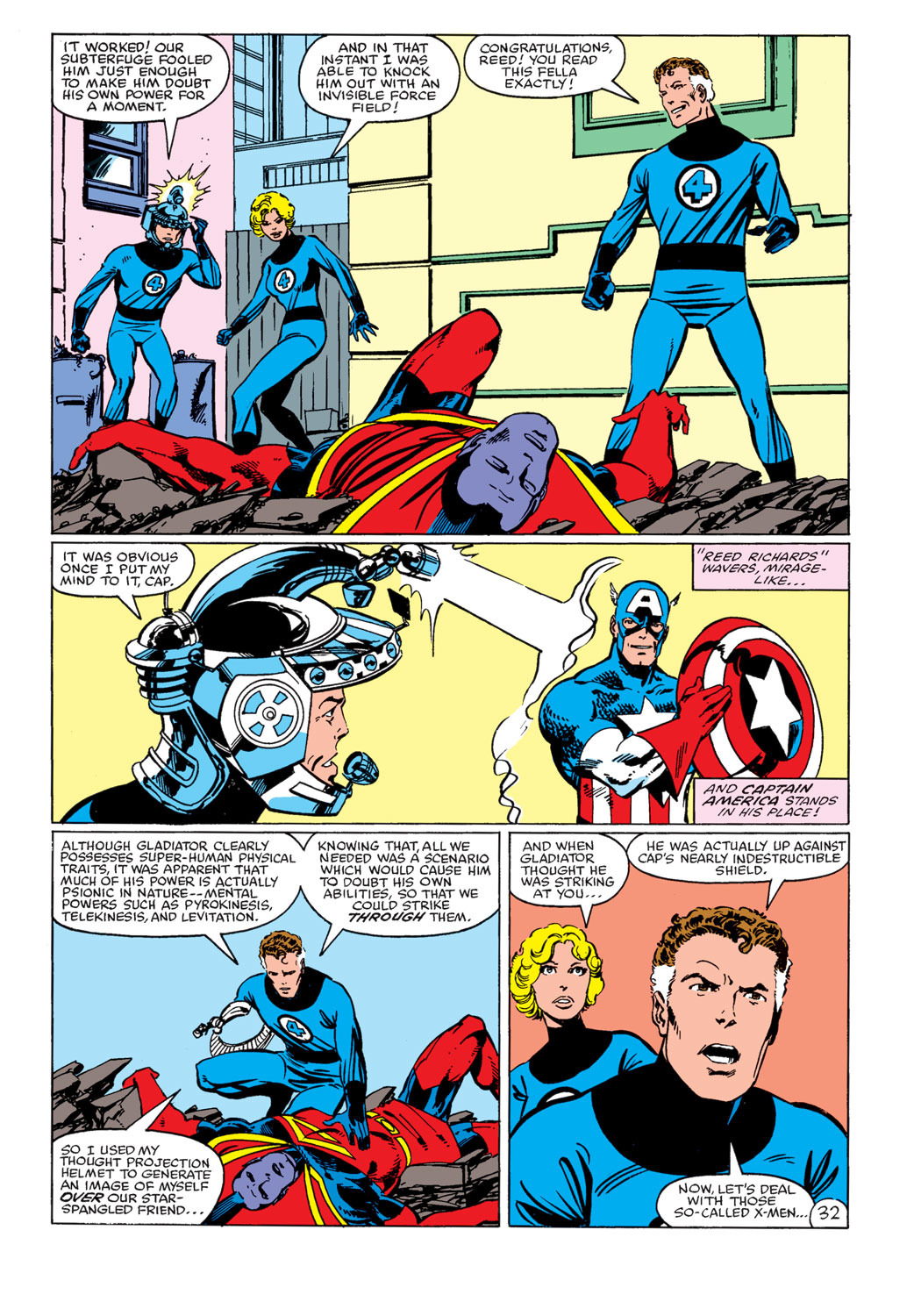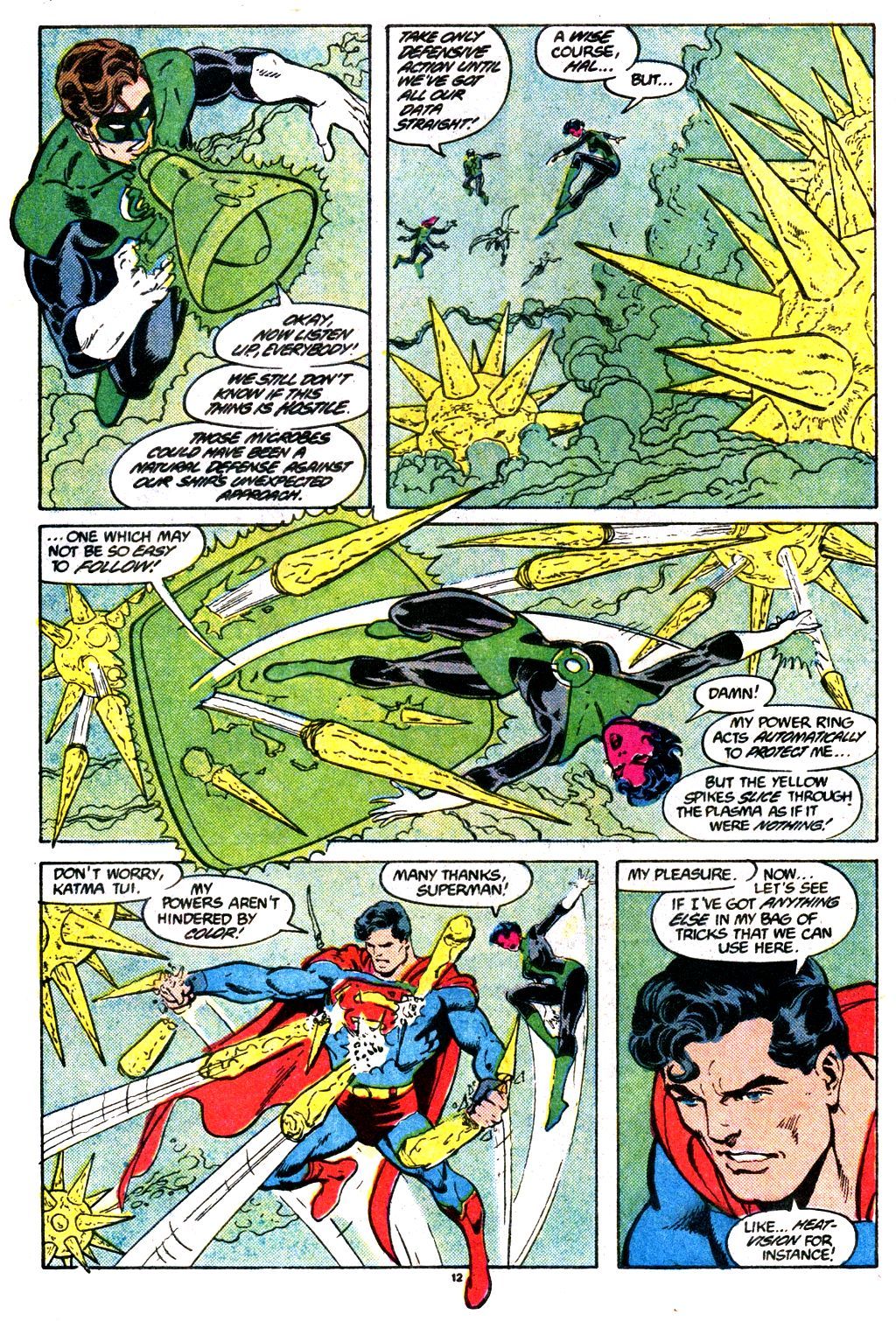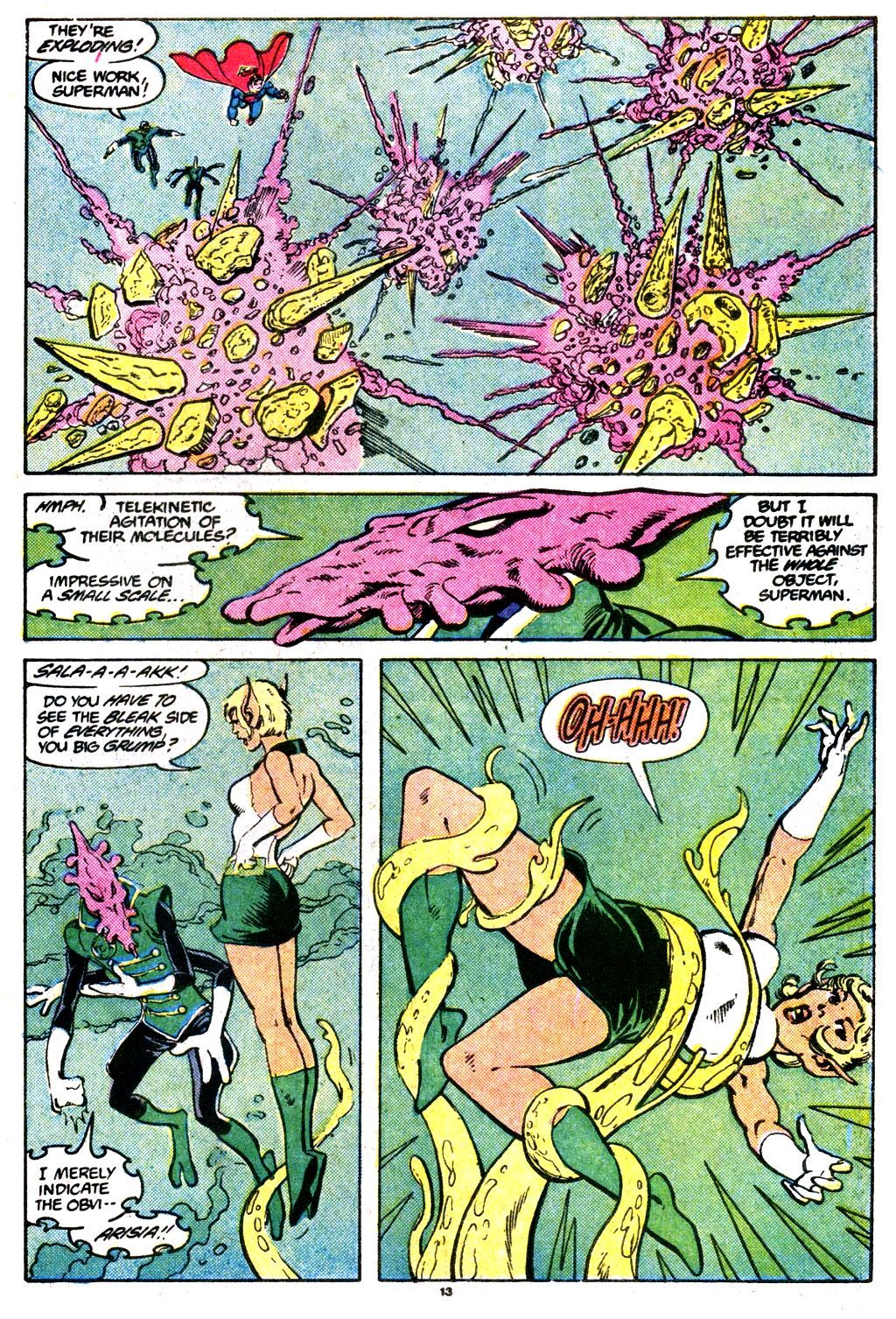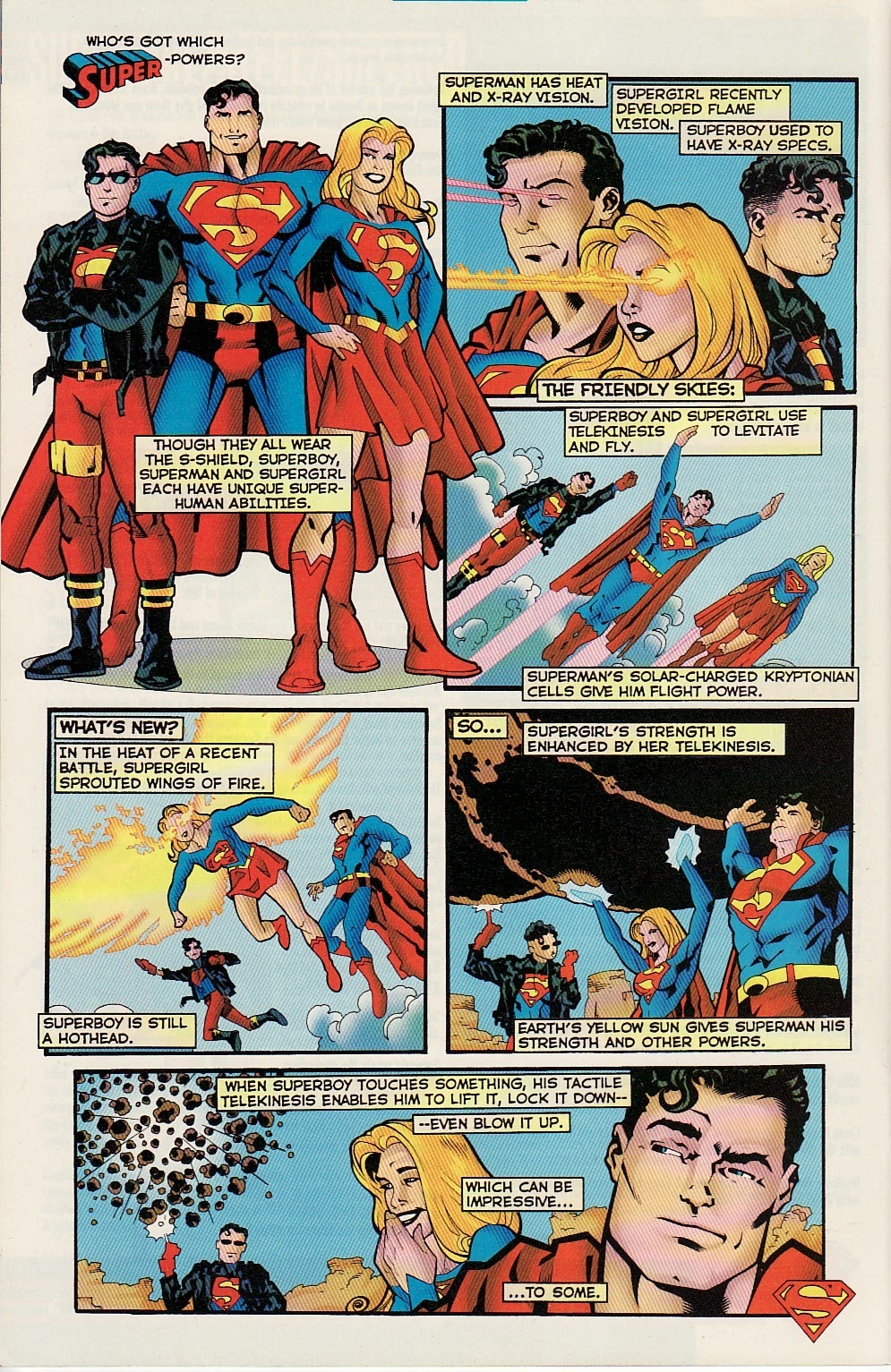"Superman-as-Santa"
What you write with derision, I embrace. Superman, during the most successful years of his publication
Superman became increasingly irrelevant to many DC readers as the Silver Age wore on, hence the very reason the editors sought to remove Santa stench from the character toward the end of the 1960s. Readers (and comic creators) were no longer enamored of a character that was so childish and far removed from what was happening in other titles which were supposed to be in the same universe.
The contrast between Super-Santa and most of the other mid-late 1960s DC titles could not be more glaring: it was not just the Batman titles that were undergoing a major (and welcome) change at the end of the 60s (in the hands of Robbins and Novick), but once light fare such as the original
Teen Titans book dropped the "groovy sidekicks" trapping of its earlier years and embraced topics ranging from student protest, the murder of a public figure (and the pitfalls of adopting pacifism as a result of said murder), implied genocide, etc, while resident misfits--The Doom Patrol--ended their 1st run with an act far more becoming of a superhero and noble than any of the lollipops and ice cream-dishing Super-Santa antics from Superman during the height of the Weisinger reign.
Add the introduction of the Deadman and the resurgence of The Spectre and there was no denying the fact many creators--out of their own evolving creative tastes--changed books to meet readers' equally evolving, maturing interests, which were not met by the 160,000 times Lois attempted to marry Superman, the 90,000 times he had to save the eternally naive Jimmy Olsen from himself, facing off with some circus strongman equivalent, or was flummoxed by yet another Mxyzptlk prank, etc.
With the dawn of a new decade, that version of Superman could not convince any reader that it occupied the same world where the O'Neil / Adams Green Lantern/Green Arrow,'s stories, the Ra's al Ghul / League of Assassins sagas, tragedy of Man-Bat, the revival of the sinister Joker, The Shadow, the continued Spectre stories, and a wealth of similarly mature stories existed. For that reason, the 1970s comic book Superman was slowly, but surely changing to meet reader expectations, with the character finally feeling like a believable part of
his DC universe as it existed by the time DC celebrated its 50th anniversary in 1985.
Since that period, every change to Superman has not always been a winner, but even in their failings, they presented a character that was more a
functional, believable part of the universe DC developed than the once-bloated, finger wagging Weisinger Super-Santa who was as aligned with the the other titles as Popeye would have been in EC's
Shock SuspenStories.
Thankfully, there's at least one modern, live-action interpretation (which is not
Superman and Lois) that recognizes the creatively bankrupt Weisinger period and influence are what nearly destroyed the character over a half-century ago, and being a silly anachronism is not what anyone has a desire to see return.















